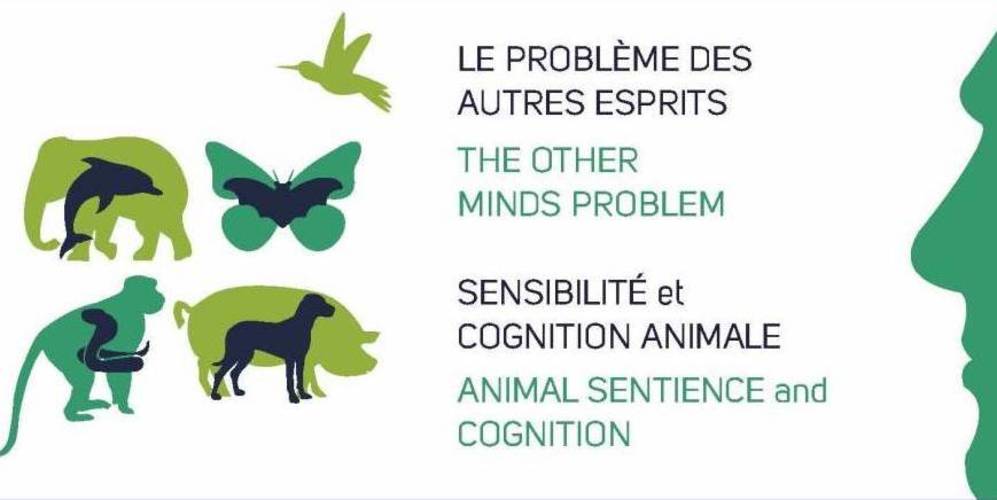Thursday, 14 February 2019
A Summer School on Animal Sentience and Cognition

“Without consciousness the mind-body problem would be much less interesting. With consciousness it seems hopeless.” – Thomas Nagel
“What is it like to be a bat?” is the somewhat disconcerting title of philosopher Thomas Nagel’s famous 1974 article on the ineffability of subjective consciousness. In reality, we humans will never know what it is like to use echolocation to navigate as we fly through the air, because, unlike bats, we simply don’t have the bodies or the nervous systems to do so. But the question of animals’ experience in general is nevertheless highly relevant, if only because our human species has the faculty of language and has developed a scientific method that lets us make observations and deductions about the mental states of other human beings and other animals. And because humans domesticate, exploit and exterminate thousands of other animal species, knowing what they may experience becomes an ethical imperative to guide the way we treat them.
That was the idea behind a 10-day summer school entitled “The other minds problem: animal sentience and cognition”, presented in 2018 by the Université du Québec à Montréal Institut des sciences cognitives (UQAM/ISC institute of cognitive science). At this event, some 60 comparative psychologists, ethologists, evolutionary scientists and cognitive neurobiologists made presentations on scientific efforts to understand the thought processes of other animal species. (To watch a video of each presentation, click the preceding link, then click on the presenter’s name.) As the overview of the summer school so nicely put it, these presenters played the role of human spokespersons for elephants, monkeys, whales, cows, pigs, chickens, mice, fish, lizards, lobsters and snails, attempting to communicate in words what science believes it understands about their mental processes.
The UQAM/ISC summer schools are high-profile events that have been held every other year since 2008 (plus the first edition, on categorization, in 2003). They always address sweeping topics: social cognition (2008), the origin of language (2010), evolution and the function of consciousness (2012), the science of the web and the mind (2014) and reasoning (2016).
The Emergence of Consciousness | No comments







